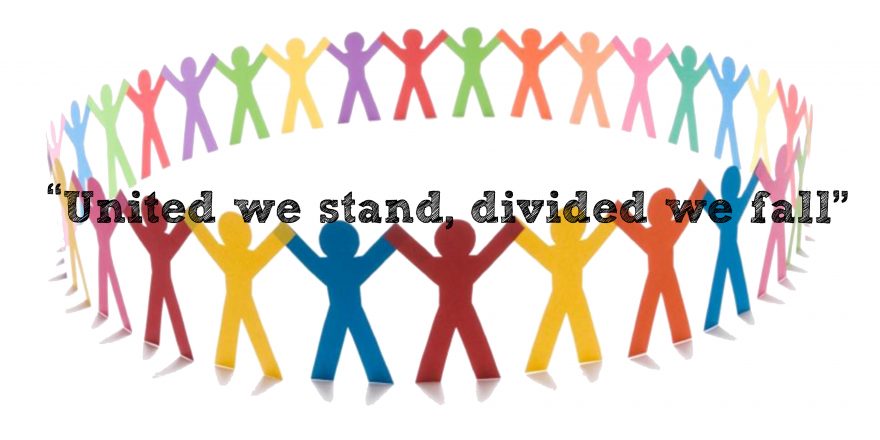The ways women in the Global South are affected by environmental degradation is that they are unable to receive a proper education, shame, and no privacy to go to the bathroom. These women in these low-income countries aren’t able to do so because they have to manage the house. Which includes duties collecting water, cleanliness, and health. Collecting water is very time consuming and demanding which doesn’t leave them time to attend school. Having to walk and use the bathroom in defecation sites make females more vulnerable to rape and sexual assault. Another way women in the Global South affected by environmental degradation is that they don’t have access to certain hygiene needs during their periods, pregnancy, and giving birth.

Agarwal believes that environmental issues are the reason for the feminist issue. Warren and Hobgood-Oster who are western feminist explain how the partocracy is responsible for environmental and feminist issues. Agarwal breaks her paper into two main themes. One of the themes is women as victims of environmental issues. Water plays a part in the conversation because of all the difficulties that are associated with it in low-income countries. The second theme is the connection between women and the environment. Agarwal discusses how women are often playing a vital role in protecting the environment. This connection is often seen in low-income countries because they are affected by it more than the western world.

The differences between the Agarwal and Warren and Hobgood-Oster perspective in ecofeminism is their difference in culture. Women in low-income countries are faced with different challenges than western women. Due to this reason, women in these low-income countries are affected by environmental issues to a greater extinct. I think that women in low-income countries see the environment as the catalyst for the challenges they have to endeavor and western women see that partocracy as the catalyst for their challenges they have to endeavor. Even though both perspectives are different they both want to achieve the same goals. Creating a better world to help protect the environment and women.

I find the Agarwal perspective more interesting because I find the concept of certain environmental issues to create and worsen feminist issues intriguing. I think that manmade difficulties don’t compare to the ones the earth has in store for humanity. Even though Warren and Hobgood-Oster talk about how the partocracy is responsible for feminism and environmental issues it doesn’t compare to drought, famine, and natural disasters. However: I don’t think the male-dominated world emphasis environment and women issues. I think you can’t have one perspective and without the other, because they both support the same cause.
